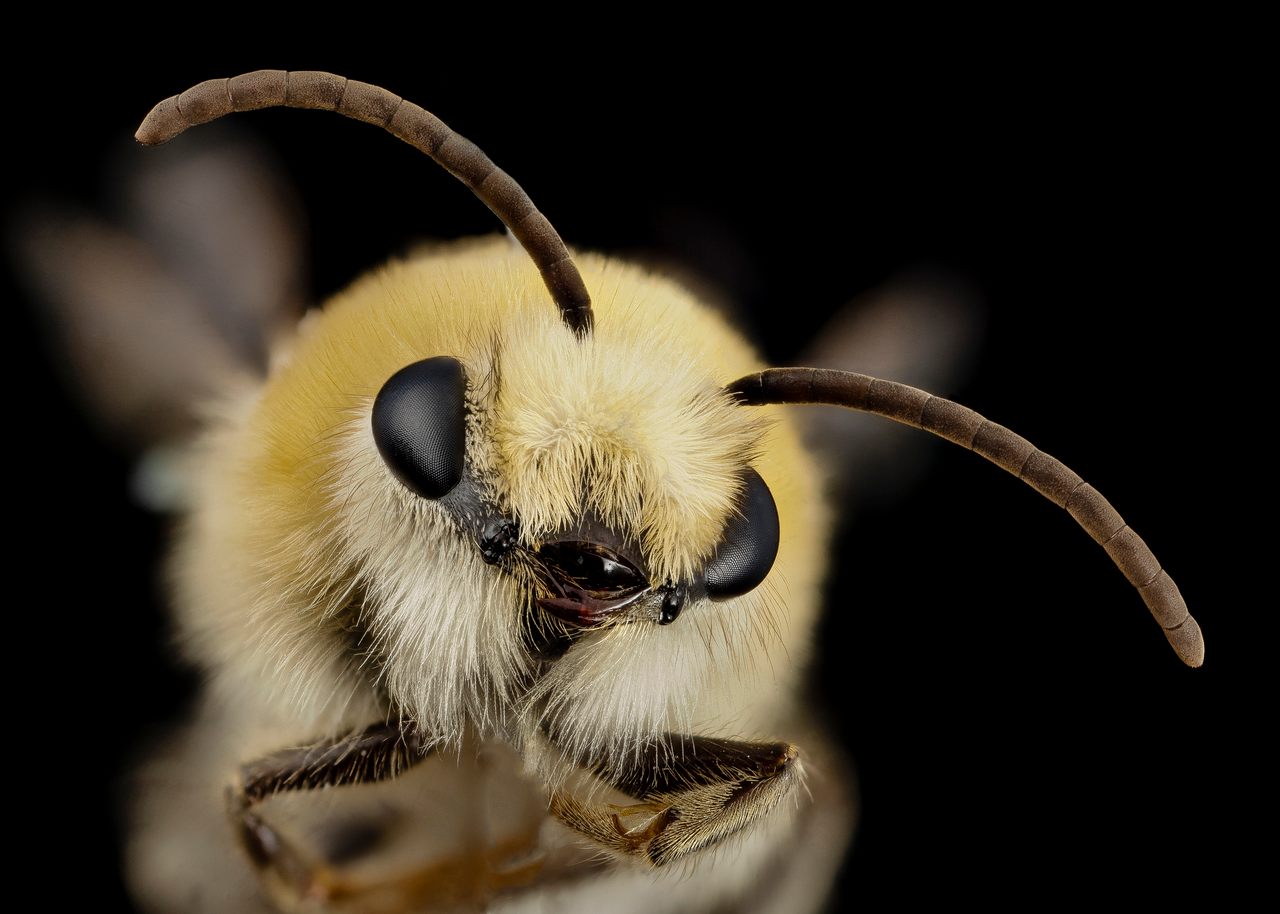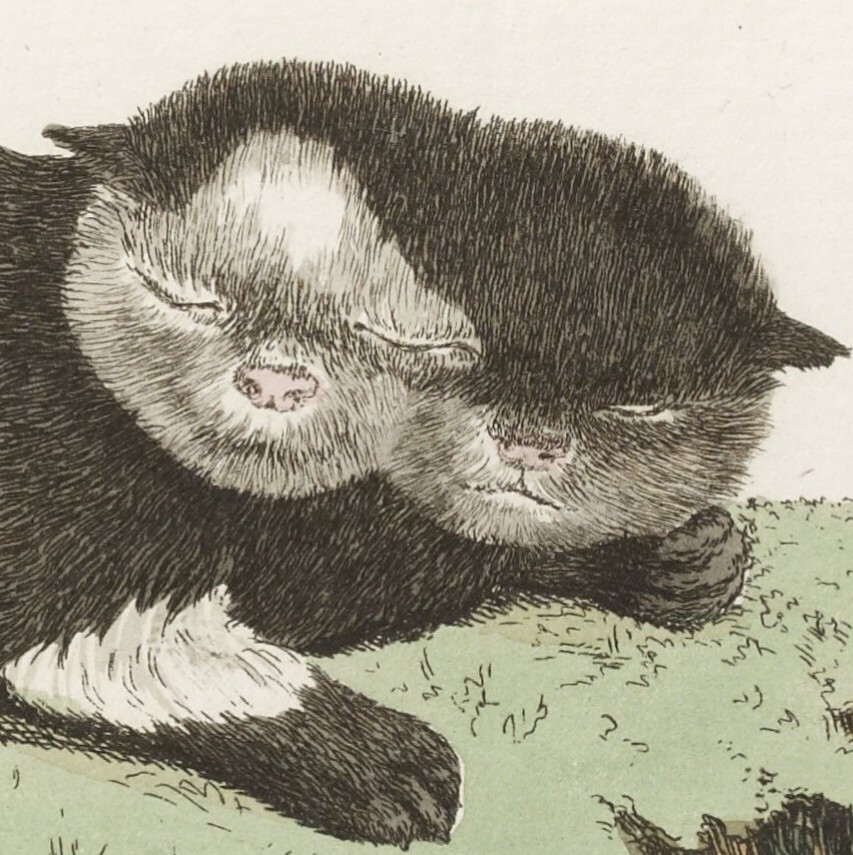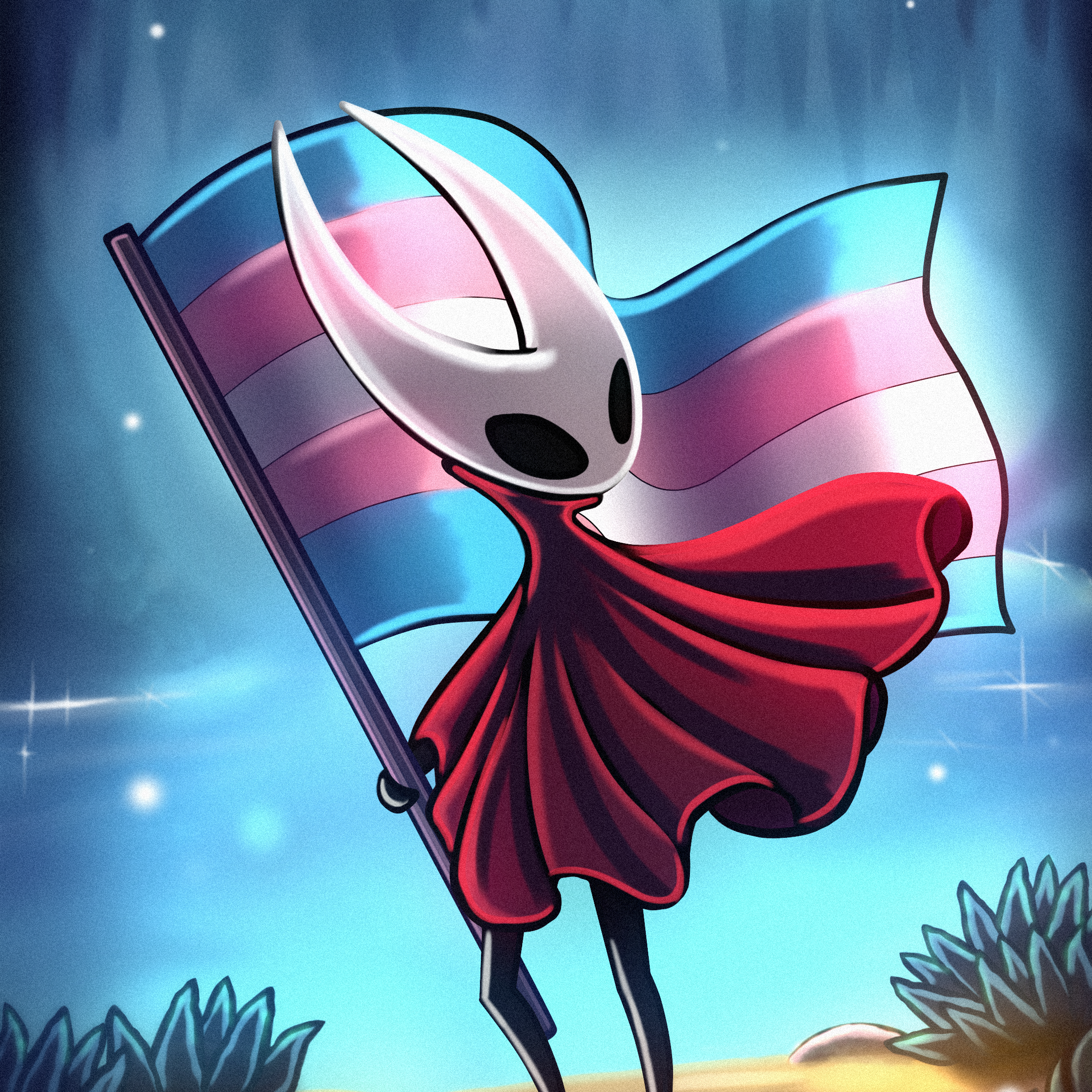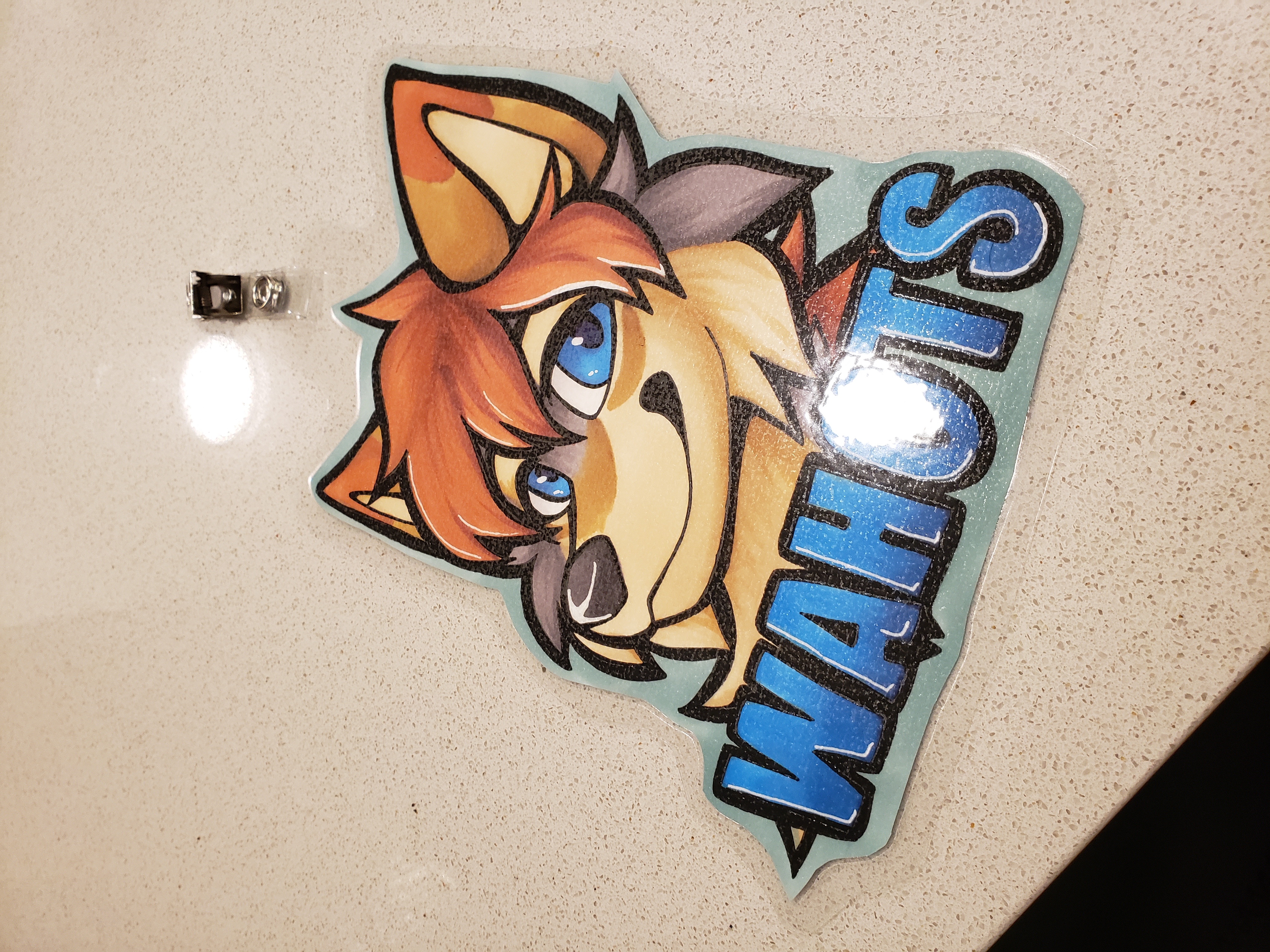Hi everyone! I’m in my late 20s and I’ve been reminiscing on my young adult life and what I like/don’t like. One point that has been coming up for me is close, vulnerable friendships. I used to have a few friends who I was very close to a few years ago, who I could talk to about deep life stuff, big emotions, vulnerable feelings and worries, and also just enjoy time together discussing silly/serious media or the world.
I have since lost these friends, one way or another. Some simply drifted, some left in a flurry of drama and hurt feelings. I thankfully kept some friends, but a lot of them have been lost.
Despite the volatility of those friendships, there was something I was getting from them that I really needed and still need. I think that need is simply the human desire for close companionship. I have a partner, and he’s wonderful; he’s not particularly feel-y however, and my friends aren’t either. I think I need more emotionally-vulnerable people.
My question is this… How does one make these friends as an adult? In fact, how does one make any friends as an adult? I’m finding myself not knowing how to proceed and find other emotional folk. Any advice would be appreciated. <3

Everyone is already giving the generic advice of do hobbies or volunteer. This is good advice! That’s how you meet people. But the transition from “hobby” friend to “life” friend is difficult and frankly just awkward. It’s kind of like romantic relationships, there isn’t a right or wrong way. You just got to take leaps of faith and be vulnerable with people with the expectation that rejection is possible.
I’m still kind of navigating this phase. I have some good friends that I do my hobbies with, and then it’s like, how do I go from there? Really it’s just about being open and hospitable towards others. Opening your home and inviting people in, asking people if they want to come over for dinner or watch a movie with you.

FRF: food, recreation, fitness (and maybe volunteering which could in a sense be seen as recreation) will do it. I try to combine two of any of the above in a single day’s worth of proposed events, like a hike and then lunch, etc.
It’s not easy. You have to be really dedicated to keeping friendships alive by pinging every 2-3 weeks (monthly is probably just a little bit too long). Then see how often they do so with you over time, or how they attempt to carry conversations after initiation. Back away from the ones who just do not reciprocate, for one reason or another (and know that it’s not a reflection of you!). You may face many, many cancellations or outright rejections or possibly standups. It’s a marathon, not a sprint.

I’m finding myself not knowing how to proceed and find other emotional folk
I think I need more emotionally-vulnerable people
some left in a flurry of drama and hurt feelings
I quoted the above because what you’re looking for isn’t something that develops quickly or easily. Emotional vulnerability typically comes through years of shared experience and built trust, and if you’re seeking people to specifically look for that, you’re liable to push people away and create a negative feedback loop. Have you considered seeing a counselor or therapist in the interim? Someone you can talk to regularly about all your emotions, and who will listen and provide feedback and reinforcement? Despite all the focus on mental health and well being these days, there can still be a very negative connotation/perception to therapy, but there really shouldn’t be! There is SO MUCH positivity that can come from regular counseling.
As others have pointed out, in the interim, the way you make friends is by going to where the people are and meeting them! Look for hobbies/group activities that you’re interested in and start going. Keep in mind that you won’t become friends with everyone you meet, and that’s okay! Some people you’ll stay in touch with a few weeks, others not at all, and some might end up as a groomsman in your wedding and one of your best friends 8 years later (speaking from personal experience). My venture out activity was rec sports.

You have some great points. I wanted to expand on the idea of speaking to a therapist and self reflection. It’s hard to make friends, and it definitely gets harder as we get older. But it’s even harder to keep friends.
Forming surface level relationships is a skill that can be learned. There are tricks and strategies that make it easier. Deep, meaningful relationships are a totally different challenge. That challenge involves understanding yourself as much if not more than the other person. It’s work, and it’s not always fun. It’s Also something that you can’t expect others to help or lead you to, so you have to be motivated to keep working through tough spots. Most people aren’t willing to admit (especially to themselves) their own flaws in a meaningful way. This is where a therapist might be able to help. It’s their job to help people through this process, even if it’s difficult. Better understanding your own role in previous relationships and how that might have contributed to their end (or not contributed to maintaining their growth) is important to avoid future relationships struggling at the same stage.
Just like romantic relationships close friendships are risky. It’s hard to not grow more jaded as you’ve been through more negative experiences. The natural tendency is to transfer distrust learned from people you’ve known in the past to people who you are getting to know. It’s a way of protecting yourself from getting hurt, but it can also make you unwilling to work around other people’s flaws or even see problems that aren’t there. That effect works both ways, not only do you have to fight your own tendency to distrust people, the person you’re getting to know will be struggling with the same distrust from their own past. Unfortunately, you can’t force anyone on a journey they are not willing to take, so finding someone who is willing to do that kind of self reflection is important. And obviously, if you aren’t familiar with and willing to pursue that process in yourself you won’t know to see it and build on it with others.
Sorry for the rant, just something I’ve observed as I age.

It’s hard. People tend to settle into their routines and go through the motions of they’re life - people are no longer thrust into new stages of life together (high school / college / start of career). That being said, people still make time for their hobbies, and are typically very excited to meet other people who share the same interests and hobbies as them. Find a hobby or activity that you like, or think you might like, and find some local groups that do that thing. Could be hiking, gardening, sewing, rock climbing, whatever! Just find a local group of people and give it a shot. Friendships can happen naturally from that. Some will be more acquaintances, but as you get to meet more people it becomes more likely that some of them will stand out as true friends.
I’ve been learning German. Maybe I’ll look to see if there are any local groups for German-learners! If not, maybe I’ll make one!

Meetup.com hat oft Sprachtandem Meetups. Je nachdem wo du wohnst kann es sein, dass in deiner Nähe eine solche Gruppe existiert. Viel Glück!

I’ve been learning German on Duolingo for over a year now (shout out to my 430 day streak) and i could actually get the gist of what you said without having to Google translate. Woo!

I would say start with hobby-based circles. Look for local events and meetups (concerts, games, hobby shop events, etc.) as a way to meet people.
If you happen to like TTRPGs, in my experience that’s a fast track to very close friendships that tend to have the deeper level of connection you’re describing. My guess is because TTRPGs require good communication, the comeraderie tends to come naturally faster than any other given group of people. It’s never a guarantee, but it’s certainly worth a try if you’re already into tabletop games or are curious to get into them
I hope you find excellent homies ASAP, wherever you find them :]
I’ve got to second TTRPGs. You have to be somewhat vulnerable to play. You’re basically playing make believe, you have to be unselfconscious. It forces you to be somewhat open and accepting.
If you’re more analytically minded look for board game cafes or groups. Playing a cooperative board game is almost as good of a friend finding hack as TTRPGs.
If your hobbies are more solitary then look for or create groups. Crocheting or knitting? Find a group where everyone is doing it together. It’s like parallel play. This could also work for neurodivergent folks.
One thing to keep in mind is that adults are more discerning about friendships. We know what we want now so it might have to be a bit of a numbers game. But one you have a core group the momentum seems to build. Best of luck and don’t give up! Everyone deserves solid homies.
I appreciate this feedback! Strangely, my D&D group has not yielded these kinds of friends. I still really value these friendships, though! We just aren’t particularly vulnerable with each other. Maybe I’ll make a second, separate group.
It has been so helpful reading everyone’s responses to this! I really appreciate how everyone has been responding with their own advice and insights! I’m going to be going through all of these and writing down main points and creating an actionable plan out of them. One main point is it sounds like I need to be really getting into hobby groups/volunteer groups; I absolutely will be doing this.
I also really appreciate people providing their own experiences with this feeling. It makes me feel as though I’m not as alone with this. Adulthood is hard! But it doesn’t have to be lonely, and that’s something I want to really work on.
Finding Lemmy has been really wonderful; it feels so much friendlier than the other place.
Thank you, everyone. <3

It’s hard but not impossible, the thing with us as adults is people trust others less — but like people are saying, go to activities and events and really just introduce yourself.
Do things that you’re interested in and you’ll meet others, there’s a D&D night near me at a local games cafe that I’ve thought about going to for a while, stuff like that.

There is a lot of data about this, especially for men, it’s simply hard to make new friendships as you get older.
That said, this has been my experience:
I am solidly middle-aged. When I was in my mid-20s I became a parent and had some personal things going on which ended up alienating some friends. After college, my friend group that I had developed spread across the world and we all lost touch to a degree. This is commonplace for folks that don’t stay in their hometowns.
Covid allowed a lot of those friendships to rekindle as we were all at home and connected digitally.
What was a major challenge for me though was relocating and trying to find new friends. It’s easy to date, there’s an app for that. Finding platonic friends though? Extremely hard, it seemed… I spent a lot of time at bars, and have made a lot of friends that way, but they almost never left the bar. What I changed and has allowed me to have some new real friendships (it only took a bunch of years) is just facing the situation and asking people if they want to do things. They’re usually open to it, and if they’re not… forget about it. Move on. If there’s someone at work that’s into the same things that you’re into, let’s say… baseball… tell 'em you’ve got tickets to a game and see if they want to come. Going to a concert? Mention it and see what people say, if someone expresses interest ask if they want to go and meet up for food beforehand.
Friendship is something that we overcomplicate for fear of rejection. Those fears are often unwarranted and when you do experience rejection that’s when you practice your coping skills and self-soothing.

This does kind of gloss over step 1, which other people have talked about… being around people. If you don’t drink, bars aren’t really an option. This just has to cater to what you like to do. There are places for people that like videogames, there are places for people that like guns, literally whatever you like there are other people that like it and places that you can be around them. For me it has been work and being a regular at bars and restaurants. Just go to a place that you can spend time, mind your own business there, and eventually you end up talking to people. Seems to be the case for me at least.

+1 for hobbies. Clubs. Volunteering. It’s about seeing the same people over and over again. Like someone else said, don’t be afraid to be the one to invite someone over for dinner or go out and do an activity. Best of luck, I’m on the same journey ( ◜‿◝ )♡

I find it a lot easier to make friends as an adult because I have the spare time and disposable income to participate in hobbies, and if you spend enough time at a hobby, you end up running into the same people over and over again. Don’t just expect things to fall into place though, it’s important to take initiative sometimes and be the person who strikes up a conversation or organizes activities.

It can definitely be really hard. The best advice I have regarding this, is volunteering for some organization or event that interests you. I recently started volunteering at some local pride stuff and it really helped me start to meet more cool people
I also plan to do some more volunteering for local orgs. This is a great idea!

I have 3 very close friends, the kind where if I told em I need to bury a body, they’d grab a shovel. I lived with all 3 of them. Two as roommates, one is an ex-SO (found out we work better as friends). Something about living with people allows that depth of friendship you don’t get when you’re siloed away most of the time and only see them on occasion.
But it’s not everyone of course. My current roommates are friends, but not close friends.

Hmm, this is tough. Groups really make things easier, almost any big group will work. For example, one of my hobbies is being part of the furry community. Furries are kinda like a cross between Greek life and a very chill religion, but not in the culty way, more like a “allows you to join groups and meet people wherever with some predefined subjects to talk to” way. There’s big social events like big ski trips. There’s caving trips. Days at the range. Furry pilot groups. There’s social networks on telegram for your roommates, your city, your state, your country, and the international community.
Furries also have giant meetups called conventions. This is where you will probably be paired with people from a bunch of different backgrounds, but all connected by one hobby, which allows you to find common ground. The convention becomes a giant third place with lots of panels; everything from D&D, to arts and crafts, to games, meetups about NASA, even bands, raves, and NSFW panels. If you haven’t met anyone before, you keep going to panels until you start making con friends. Once you’ve made con friends, you can start going to events locally or in other cities, because everyone knows someone, haha.
Being a furry is pretty fun. You can join a state group on a big road trip, and meet up with a fee of the local furries for a pancake breakfast somewhere. Everyone has their own unique avatar kinda like an Xbox avatar or a Mii, so people will start to recognize you online, and in the real world. Every time you move to a new city, or return to a con, you’ll bump into old friends and make new ones. Come to think of it, it’s a very old world, pre-internet concept, but it survived the digital era remarkably well.
It’s also yielded a lot of deep friendships over the years. There’s always gonna be normal friends, but a lot are the vulnerable type where we really really talk and have meaningful conversations. A lot of furries are some form of queer because the community is so warm and welcoming. It adds a certain…je ne sais quoi, some sort of deeper emotional connection in some regards.
This is what one of those IDs/characters looks like! Usually people just have one, so it’s pretty easy to recognize someone and go “OMG! We met in Toronto two years ago! Did are you planning on going to (convention) in Reno this year? I’ll also be going to that event in Cali where they rent out the retired aircraft carrier and throw a party on it!”


Get to know your neighbors. A good relationship with your neighbors is life changing. Other than that, find like minded groups on Facebook or though your local community centers.

hobbies. activies that people like to do and puts them in proximity of one another

Things are even more difficult when you’re an adult, you’ve ADHD and you’ve Aspergers. That’s my case. I was diagnosed last November, and until then my behaviour was very unstable and annoying. I lost friends because of that, although those people didn’t behave exactly like friends to me. Nonetheless, I’ve still some traits that make me a difficult person to hang out with, even under treatment, and it sucks.

